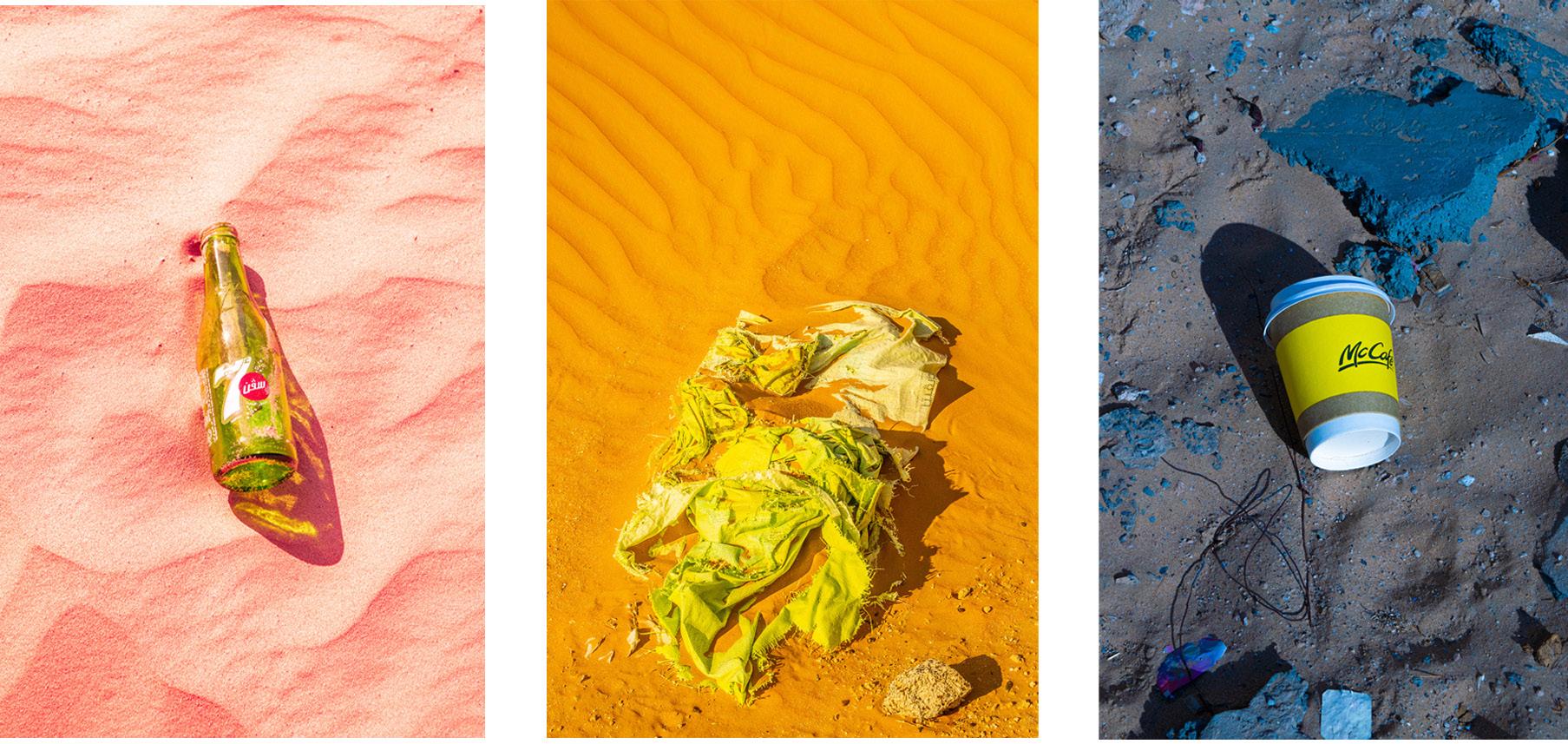
1 minute read
Emily Broad, Gulf Heritage
from Airport Road 11
Gulf Heritage Emily Broad
Al Mirfa’s hotel has white stucco walls and reflective windows. The roof curves in waves, and its facade is a mixture of classical Islamic and 70’s American architecture. It’s almost brutalist.
Inside, a bellhop assists you to your room. The hotel is vacant. It’s 115 degrees, you feel a feverish delirium. The stained-glass ceiling in the lobby appears as a kaleidoscope. You miss the city. As you enter the elevator, you expect blood to pour across the marble floors.
As he holds your hand, the bellhop tells you secrets of Mirfan Emiratis binging on alcohol. Here, everyone knows each other’s cars. There’s no hiding addiction, the women talk. Surely, this’ll change with modernization. You were sent here to develop a city plan for 2050. You imagine the town turning to dust. You remind yourself: Heritage depends on alteration for survival.
You can’t say why, but the bellhop breaks off the door handle and hands it to you. You pack it away, it’ll serve as a relic. He leaves the room, when you notice a bottle. Once intoxicated, you begin collecting bits of the room–bars of soap, toilet water, linen slices. You scrape the wall, grabbing some plaster. Now, you shatter the kaleidoscope ceiling.
You leave the hotel and find yourself on the grounded dhow that overlooks the town. The air is a hazy, dark orange. Holographic skyscrapers litter the horizon; the ones your company will build. Sweat trickles onto the boat, and your skin falls away from bone.
Time passes.
From the distance, fish heads emerge from the local market, and begin tracing the landscape. They harass you with their eyes while climbing the megalithic buildings. The performance ends as they vomit waves of seawater, and the buildings come crumbling down.








